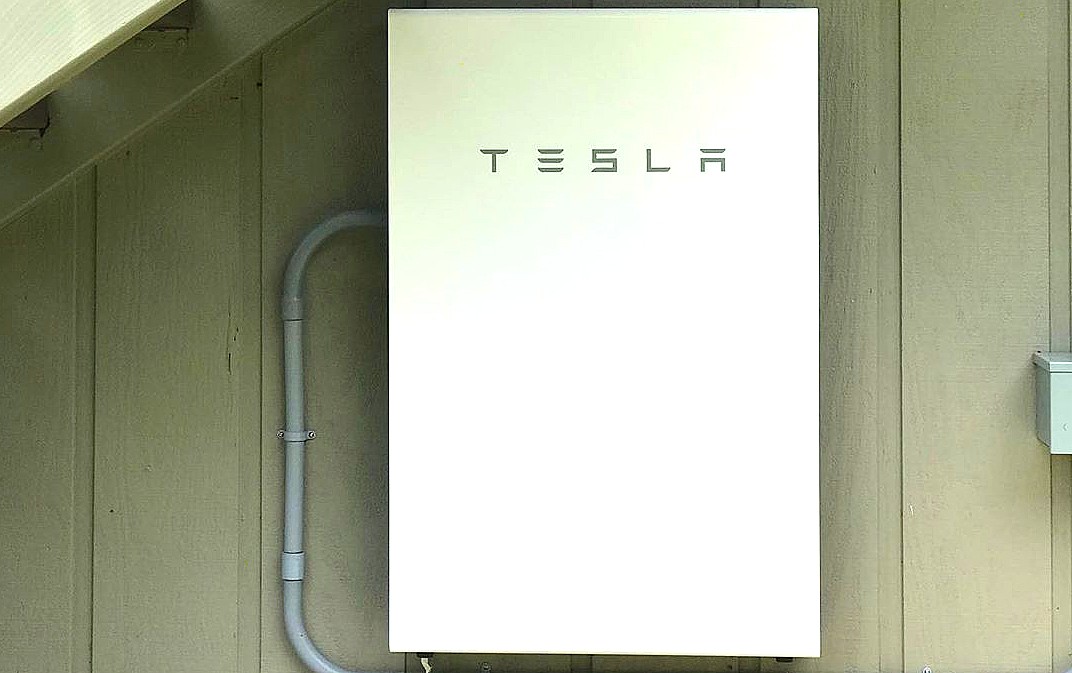
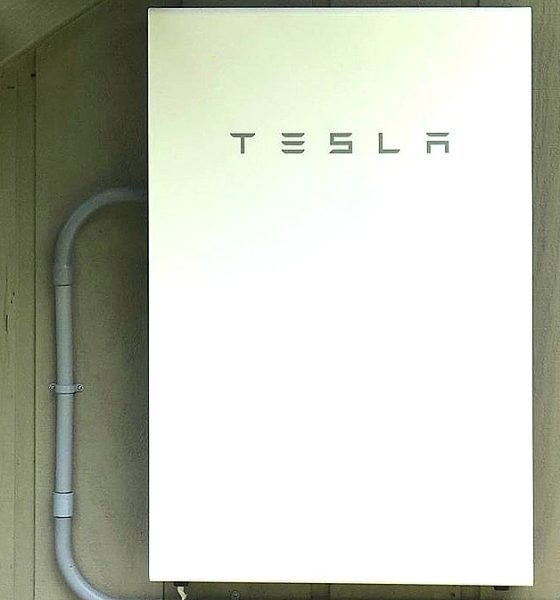
Energy
Tesla Powerwall takes center stage in Australia’s new battery program
A Tesla Powerwall home battery has helped kick off one of Australia’s newest renewable energy initiatives. The 13.5 kWh battery, which was installed alongside a solar system at a home in the New South Wales Hunter region on Friday, is expected to be the first of 300,000 battery installations that will be delivered using the government’s interest-free loan scheme.
The Powerwall 2 installation came less than two months after the Berejiklian government launched the pilot of the Empowering Homes Program, which is aimed at promoting sustainable energy solutions to residents in the area. The pilot is expected to last for up to 12 months, and it involves offering residents interest-free loans of up to AUD 14,000 for a solar-battery installation or up to AUD 9,000 for a battery storage unit.
With the systems in place, the households participating in the program could save over AUD 250 per year on electricity bills after loan repayments. Without the loan repayments, savings are estimated to be up to AUD 2,000 per year for participants in the program.
The Tesla Powerwall 2 is not the only residential battery supported by the program. Other energy storage units from companies such as Enphase, Sungrow, Sonnen, and Senec are also available for consumers. That being said, there is a lot to be said about a Tesla battery being the energy storage solution of choice to kick off the government’s entire program.
In a way, Tesla batteries helped spread the word in Australia about the potential of energy storage solutions for use in real-world settings. The country is home to the Hornsdale Power Reserve, one of the biggest battery installations in the world. Built within a 100-day timeframe, the massive Powerpack farm is widely credited for helping South Australia address its energy problems. Tesla’s big battery installation in South Australia has been a success since Day 1, having saved the region from unexpected power outages numerous times.
The popularity of battery storage systems was hinted by Natural Solar founder and CEO Chris Williams, who noted in a statement to One Step Off the Grid that inquiries about battery storage systems have seen a spike as of late. With the launch of the Empowering Homes Program, Williams stated that there has been an “unprecedented number” of inquiries about residential battery storage solutions.
“With many homes in the Hunter having an abundance of roof space, or already with solar panels installed, there is no doubt people are excited by the opportunity to adopt battery power and reap the benefits of the interest free loan, coupled with future savings. We are seeing annual household savings on energy bills of up to $2,000, homes reduce their carbon emissions and a reduced reliance on the grid. Our vision is to make solar and battery accessible to every Australian household, and the NSW government’s Empowering Homes Program will go a long way to achieving this goal for up to 300,000 homeowners across the state.” he said.

Energy
Tesla Powerwall distribution expands in Australia
Inventory is expected to arrive in late February and official sales are expected to start mid-March 2026.
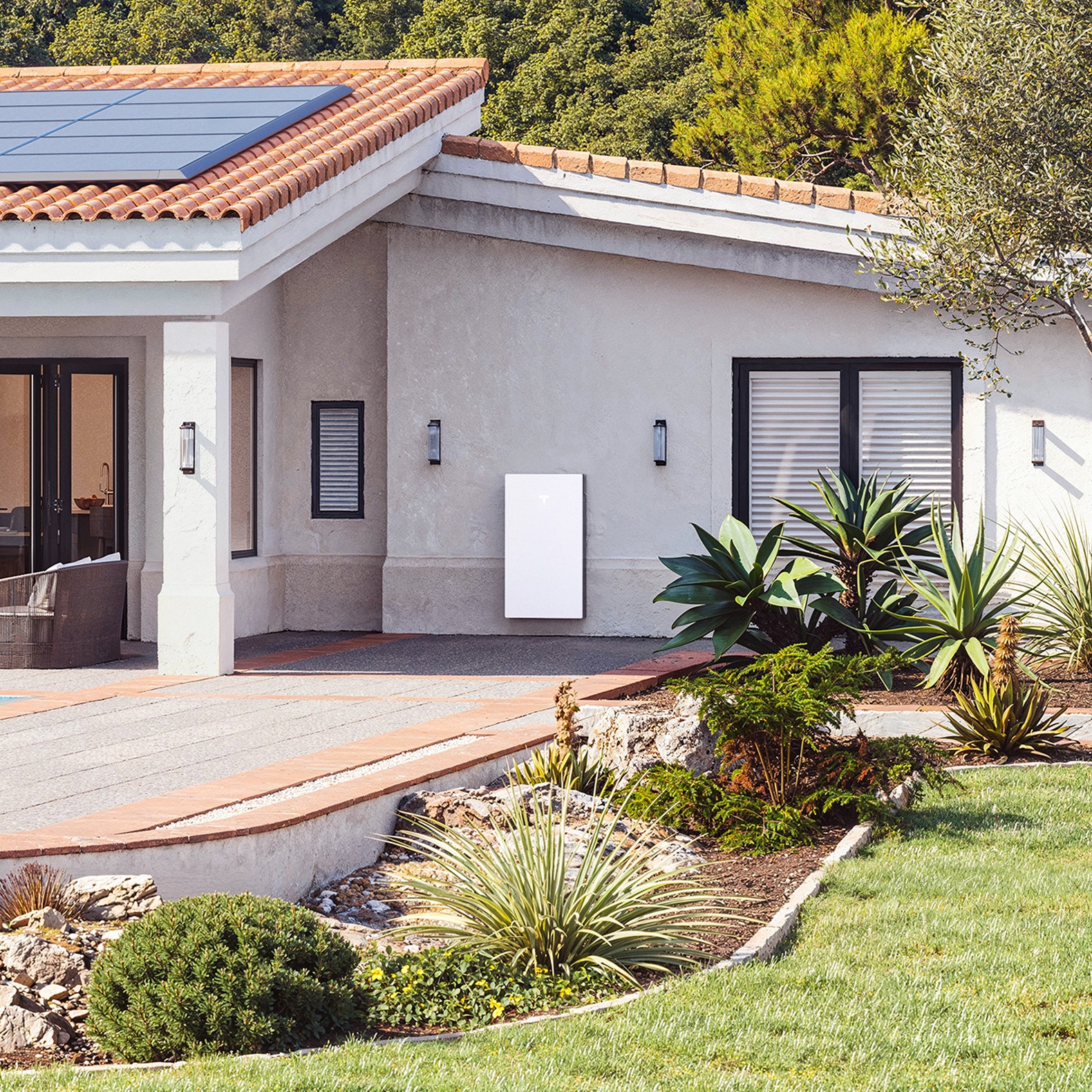
Supply Partners Group has secured a distribution agreement for the Tesla Powerwall in Australia, with inventory expected to arrive in late February and official sales beginning in mid-March 2026.
Under the new agreement, Supply Partners will distribute Tesla Powerwall units and related accessories across its national footprint, as noted in an ecogeneration report. The company said the addition strengthens its position as a distributor focused on premium, established brands.
“We are proud to officially welcome Tesla Powerwall into the Supply Partners portfolio,” Lliam Ricketts, Co-Founder and Director of Innovation at Supply Partners Group, stated.
“Tesla sets a high bar, and we’ve worked hard to earn the opportunity to represent a brand that customers actively ask for. This partnership reflects the strength of our logistics, technical services and customer experience, and it’s a win for installers who want premium options they can trust.”
Supply Partners noted that initial Tesla Powerwall stock will be warehoused locally before full commercial rollout in March. The distributor stated that the timing aligns with renewed growth momentum for the Powerwall, supported by competitive installer pricing, consumer rebates, and continued product and software updates.
“Powerwall is already a category-defining product, and what’s ahead makes it even more compelling,” Ricketts stated. “As pricing sharpens and capability expands, we see a clear runway for installers to confidently spec Powerwall for premium residential installs, backed by Supply Partners’ national distribution footprint and service model.”
Supply Partners noted that a joint go-to-market launch is planned, including Tesla-led training for its sales and technical teams to support installers during the home battery system’s domestic rollout.
Energy
Tesla Megapack Megafactory in Texas advances with major property sale
Stream Realty Partners announced the sale of Buildings 9 and 10 at the Empire West industrial park, which total 1,655,523 square feet.
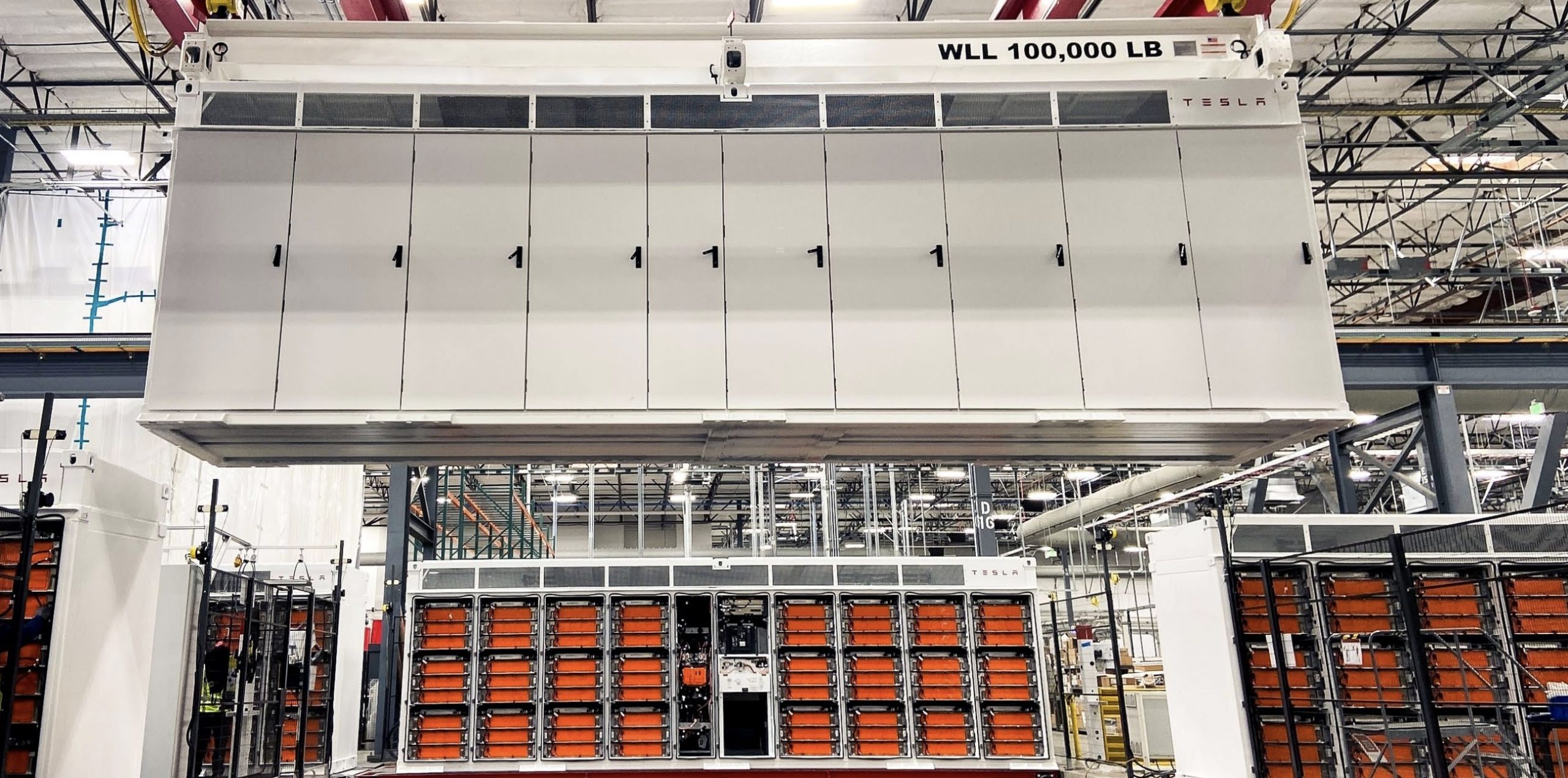
Tesla’s planned Megapack factory in Brookshire, Texas has taken a significant step forward, as two massive industrial buildings fully leased to the company were sold to an institutional investor.
In a press release, Stream Realty Partners announced the sale of Buildings 9 and 10 at the Empire West industrial park, which total 1,655,523 square feet. The properties are 100% leased to Tesla under a long-term agreement and were acquired by BGO on behalf of an institutional investor.
The two facilities, located at 100 Empire Boulevard in Brookshire, Texas, will serve as Tesla’s new Megafactory dedicated to manufacturing Megapack battery systems.
According to local filings previously reported, Tesla plans to invest nearly $200 million into the site. The investment includes approximately $44 million in facility upgrades such as electrical, utility, and HVAC improvements, along with roughly $150 million in manufacturing equipment.
Building 9, spanning roughly 1 million square feet, will function as the primary manufacturing floor where Megapacks are assembled. Building 10, covering approximately 600,000 square feet, will be dedicated to warehousing and logistics operations, supporting storage and distribution of completed battery systems.
Waller County Commissioners have approved a 10-year tax abatement agreement with Tesla, offering up to a 60% property-tax reduction if the company meets hiring and investment targets. Tesla has committed to employing at least 375 people by the end of 2026, increasing to 1,500 by the end of 2028, as noted in an Austin County News Online report.
The Brookshire Megafactory will complement Tesla’s Lathrop Megafactory in California and expand U.S. production capacity for the utility-scale energy storage unit. Megapacks are designed to support grid stabilization and renewable-energy integration, a segment that has become one of Tesla’s fastest-growing businesses.
Energy
Tesla meets Giga New York’s Buffalo job target amid political pressures
Giga New York reported more than 3,460 statewide jobs at the end of 2025, meeting the benchmark tied to its dollar-a-year lease.
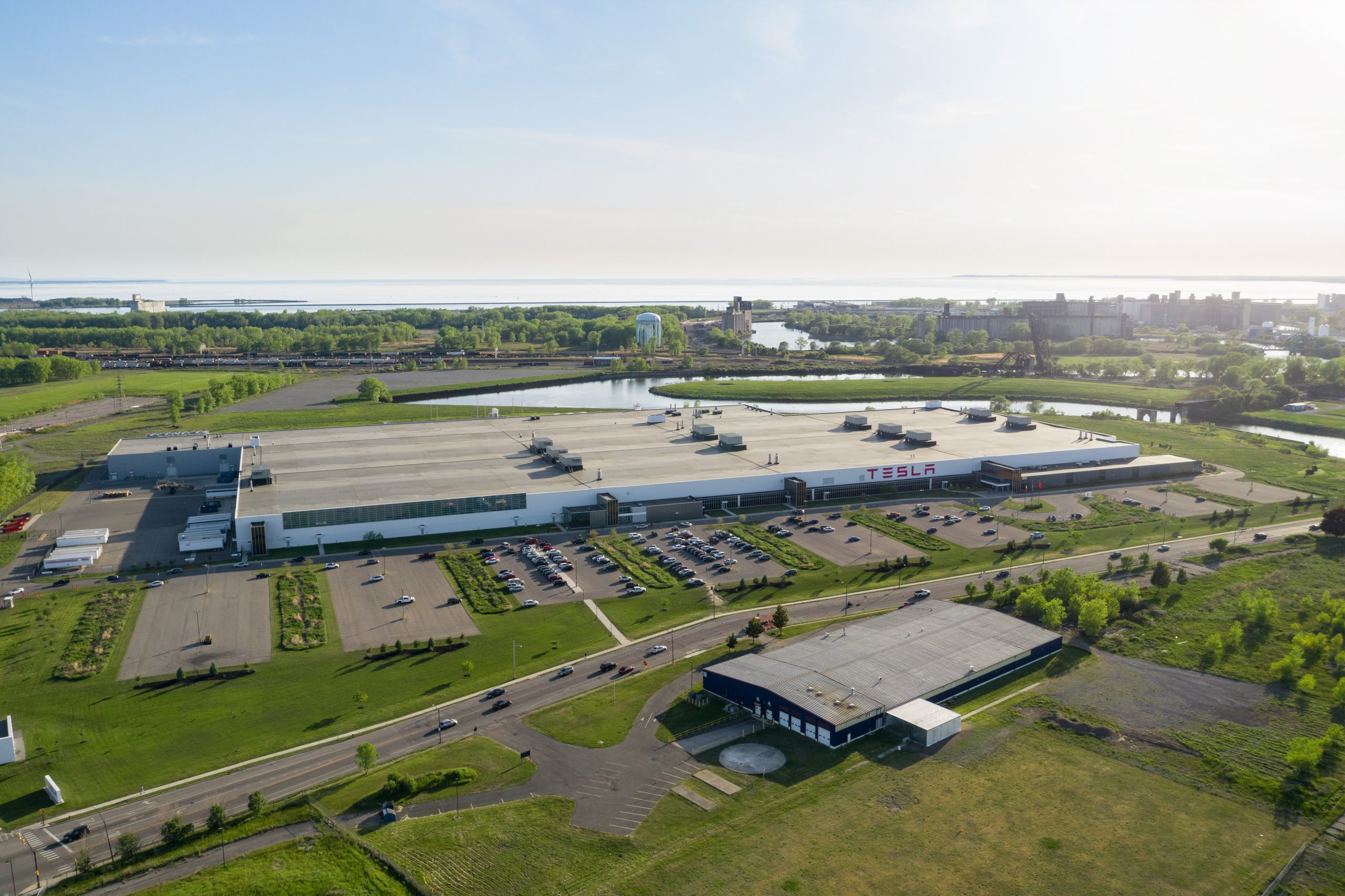
Tesla has surpassed its job commitments at Giga New York in Buffalo, easing pressure from lawmakers who threatened the company with fines, subsidy clawbacks, and dealership license revocations last year.
The company reported more than 3,460 statewide jobs at the end of 2025, meeting the benchmark tied to its dollar-a-year lease at the state-built facility.
As per an employment report reviewed by local media, Tesla employed 2,399 full-time workers at Gigafactory New York and 1,060 additional employees across the state at the end of 2025. Part-time roles pushed the total headcount of Tesla’s New York staff above the 3,460-job target.
The gains stemmed in part from a new Long Island service center, a Buffalo warehouse, and additional showrooms in White Plains and Staten Island. Tesla also said it has invested $350 million in supercomputing infrastructure at the site and has begun manufacturing solar panels.
Empire State Development CEO Hope Knight said the agency was “very happy” with Giga New York’s progress, as noted in a WXXI report. The current lease runs through 2029, and negotiations over updated terms have included potential adjustments to job requirements and future rent payments.
Some lawmakers remain skeptical, however. Assemblymember Pat Burke questioned whether the reported job figures have been fully verified. State Sen. Patricia Fahy has also continued to sponsor legislation that would revoke Tesla’s company-owned dealership licenses in New York. John Kaehny of Reinvent Albany has argued that the project has not delivered the manufacturing impact originally promised as well.
Knight, for her part, maintained that Empire State Development has been making the best of a difficult situation.
“(Empire State Development) has tried to make the best of a very difficult situation. There hasn’t been another use that has come forward that would replace this one, and so to the extent that we’re in this place, the fact that 2,000 families at (Giga New York) are being supported through the activity of this employer. It’s the best that we can have happen,” the CEO noted.








